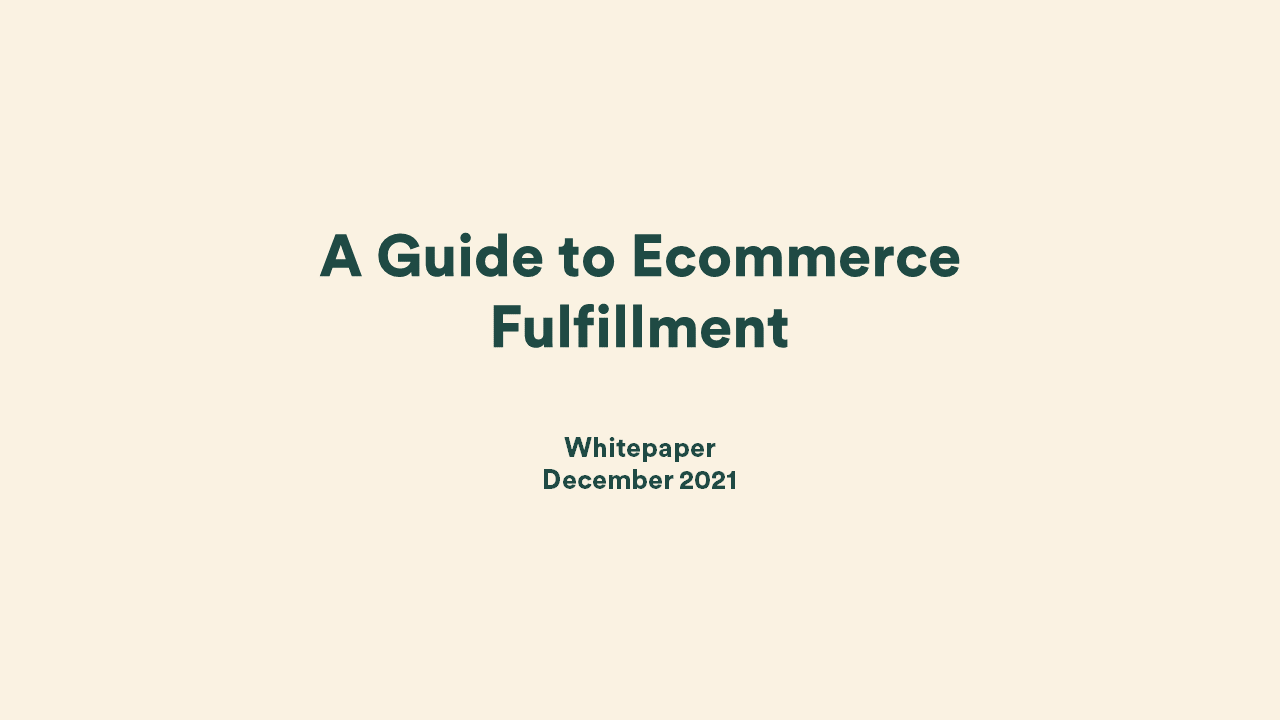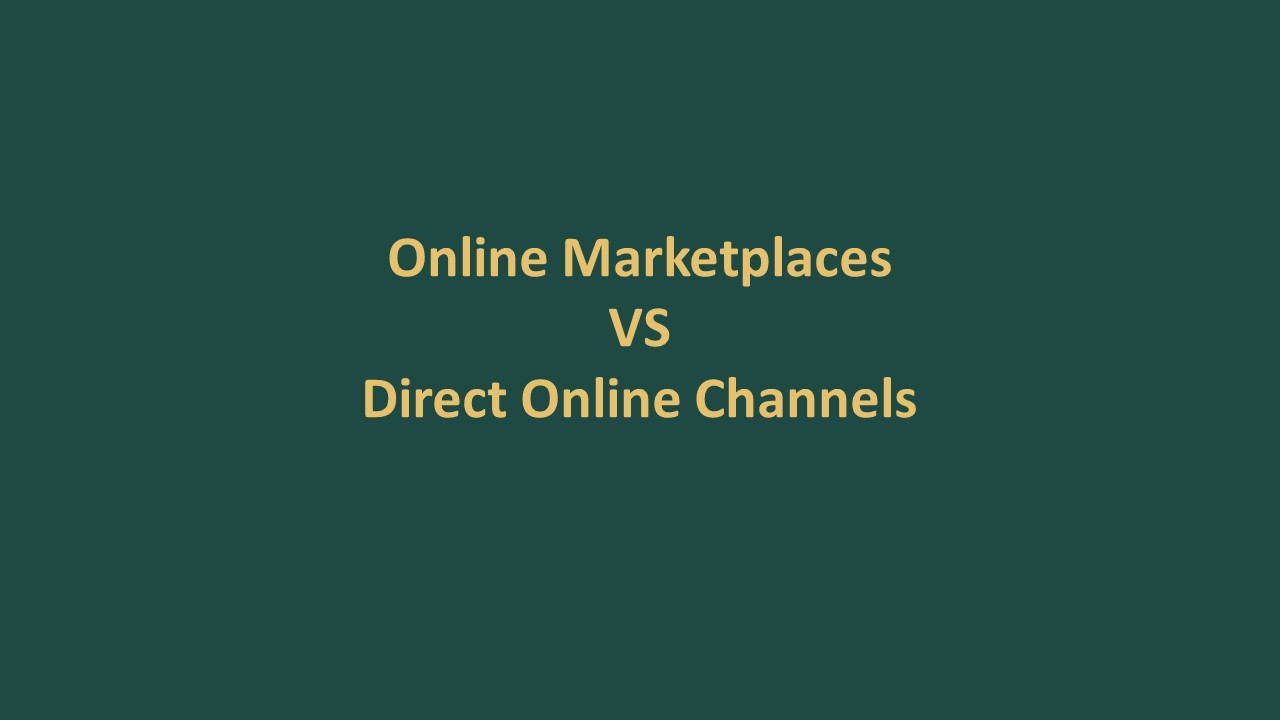Published on Oct 30, 2022

Consumer habits have drastically changed since governments
started implementing lockdown measures to limit the spread of the novel
coronavirus. With consumers spending most of their time at home and the UAE
government shutting down shopping centres, e-commerce has emerged as their
primary link to a whole range of products and services. As a result, e-commerce
sales have seen a boost, with companies such as Flipkart and Amazon recording
between a 20 and 30 per cent spike in sales over the past two weeks. On the
other hand, in-store sales have plummeted, suggesting that more customers are
shifting towards buying goods online.
It remains to be seen how long the strict lockdown measures will
last. But if retailers hope to survive the current storm, they need to launch
and scale online sales fast. Towards this end, this article will outline the
main steps UAE businesses need to take to go digital.
1 – Set-up a website: Use these tools to easily and quickly
develop your online storefront
While this may sound like a daunting task, setting up an online
store has been made simple thanks to modern technology. Marketplace tools such
as Shopify and WooCommerce allow
retailers to quickly set-up a website. As a retailer, you simply have to select a design and
add products to their digital storefront, following instructions provided
online.
These platforms are sometimes a better alternative to Amazon, which
tends to limit the identity of the product and the brand. They allow the
retailer freedom in curating their e-sale experience, while also preserving the
unique character of their brand. And their pricing packages – as low as $29 a month on Shopify – make
them all the more compelling.
After creating your store, simply link it to your domain. If you
do not have a domain, you can buy one on platforms such as Namecheap and GoDaddy. If
this still sounds complicated, there are several freelancers on websites such
as Upwork that
allow you to outsource this task to more experienced individuals.
2 – Comply with local laws: Partner with coworking spaces for
support across the spectrum
If you already have a retail presence with a valid trading
license, then you should already be compliant enough to start selling online.
On the other hand, if you are new to the business and need an e-commerce
license to begin operating in the UAE, then your best option is to start
working with coworking spaces that support e-commerce companies. Not only will
these coworking spaces provide you with legal cover, but they will also offer
training and workshops on all things related to setting up your storefront
(regulation, marketing, operations and tech).
One such coworking space is The Co-Dubai, a
coworking space and startup incubator. Based in Downtown Dubai, this facility
has launched the regions first Retail Accelerator Program which helps startup
retail brands launch their online business with access to a trade license which
is usually the biggest cost for any new business in Dubai as well as support in
all other aspects including obtaining a payment gateway, support with
government departments such as Dubai Customs or Dubai Municipality as well as
mentorship and weekly classes.
3 – Set-up your operations: Partner with a local e-commerce
fulfilment centre for fast and efficient deployment of your ops
E-commerce operations are one of the most difficult things to
pin down when selling online. Warehouses, for example, are expensive spaces to
rent and operate. They also require their own set of licenses and approvals,
making matters even more complicated. Local logistics companies, another
classic option, are not equipped to handle e-commerce sales. Fulfilling online
orders requires specific warehousing equipment and software that can manage
orders efficiently, two things these companies don’t have.
This is where e-commerce fulfilment centres come in handy as
they integrate with your online store
and manage all of your operations for you; from inventory storage, to order
picking, packing and delivery. All you have to do is send your inventory in
bulk to one of their warehouses, and they take care of your orders from there –
a process that takes only 2 days. In brief, they are one-stop-shop for all of
your E-commerce operations.
Shorages is one of the first e-commerce fulfilment centres in
the region to provide this customized service. In the past few days, we have
received several requests from retailers that are looking to move online. We do
our best to provide you with the insight and connections you need to do this.
All you need to do is reach out.
4 – Generate traffic: Achieve growth figures by
partnering with e-commerce marketing firms and individuals
A final but critical step to take after launching your website
is to market it. Unlike a physical storefront, consumers will only be able to
see your brand through a variety of outreach efforts online.
With the majority of consumers spending their social distancing
days on social media, digital advertising is the go-to approach. More
specifically, advertising on Facebook (which includes Facebook and Instagram),
YouTube and Snapchat can give your brands further visibility.
I had a chat with Samer Bejjani, founder of Growth Levers, which
is helping 9 MENA startups grow their sales online rapidly. Here’s his advice
for e-commerce companies:
- Whether you’re doing marketing in-house or outsourcing it, make
sure you are defining the right KPIs - don’t settle for “clicks” and “visits”
or “followers”, your important KPIs for an acquisition campaign are Cost per
Acquisition and Conversion Rate.
- You should set a clear marketing funnel from day 1 - don’t expect
website visitors to convert from their first visit (on average 2-3% only do),
instead, invest 20% of your marketing budget to retargeting visitors who
expressed interest in your products
- Make sure your website is optimized for conversions - I can’t
stress enough on this point, you need to have a clear messaging, and very easy
UX. Optimizing your pages will significantly increase your sales, forever.
- Invest in building a performance marketing process that is
scalable - once your campaigns are well optimized, you can start scaling them
and attracting new customers
- Build your mailing list - Email marketing will help you generate
additional sales from your initial customers (or cart abandoners), and has an
undebatable highest ROI vs any other channel
Reach
out to us on info@shorages.com for more
information on how you can move from brick and mortar to digital.



